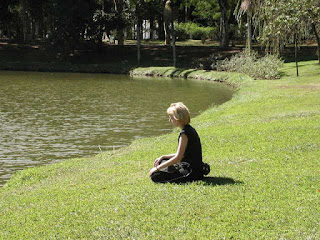Limitations. We all have them, but sometimes illness adds new ones that we never before had to deal with. Accepting this fact was a challenge.
When I was hit by one episode that left me psychotic, suicidal, and hospitalized I was 31 and had just been promoted to VP of Sales at the company for which I worked. An incorrect diagnosis and my poor response to the medications prescribed, as well as my refusal to accept mental illness and my subsequent noncompliance with my doctors’ orders, left me reeling for years. I fell into a string of small jobs, just to keep health insurance, and checked into and out of psychiatric hospitals several times. The hole in my resume became so large, and my ability to deal with stress so frail, that it became clear that I was not going back to the executive suite, probably never. The effect that stress had on my moods, and the moods themselves, severely limited the amount of responsibility I could handle in any job.



